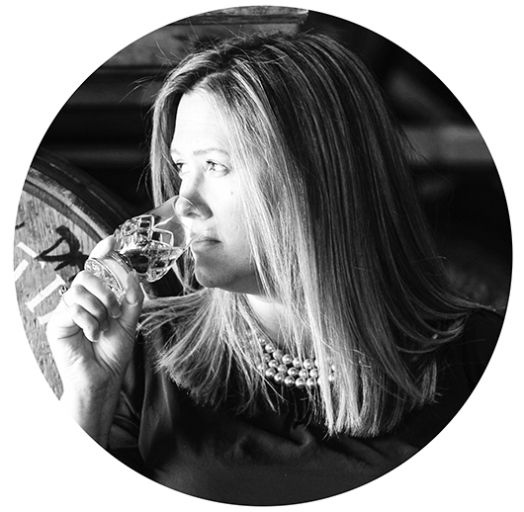
Desiree Reid
2010 Nuffield Scholar
Executive Summary
This Nuffield Report seeks to answer the question “How do Dairy Cooperatives Grow for Farmers’ benefit?” It is set in the context of New Zealand’s need to increase its earning capability to match Australia. As New Zealand’s largest company, and second largest industry, Fonterra’s future plays an important role in our economy. The question is explored from an ownership and governance perspective. This report is a record of the findings of this study.
The study spanned 15 months of preparation, travel, research and reflection, including six months overseas studying dairy co-operatives and companies around the world. Dairy businesses researched include Kerry Group Plc, DairyGold Co-operative Society, The Irish Dairy Board Co-operative, Dairy Farmers of Britain, Royal FrieslandCampina, Dairy Farmers of America and Land o’ Lakes, amongst others. The study is exploratory and the findings should be read in that context.
A co-operative is essentially a large equity partnership. It is between individuals with businesses in the same sector of the value chain, who wish to invest for mutual advantage up or down the chain. The collective investment is legally viewed as an extension of an individual’s core business. Socialism is not a defining characteristic of co-operatives.
The Report discusses that co-operatives are purely a form of business often used where there is inherent market inefficiency. Dairy is an inherently inefficient market. The perishable nature of milk means that farmers have severely reduced power to negotiate a price reflective of the level of risk taken compared with downstream players. Collective ownership corrects the market inefficiency, apportioning more of the consumer dollar to the farmer.
The Report suggests that removing collective farmer ownership of dairy processing assets impedes a co-operative’s ability to correct market inefficiency. This could consequently reduce income to the farmer and to the processor. If the experience of the United Kingdom dairy industry was replicated in New Zealand, such a path could potentially reduce the annual net cash income to New Zealand by as much as two billion dollars. Given that the dairy industry has a velocity of money per annum of six to seven, such a scenario would have serious implications for the national economy.
Four broad themes emerged as a result of the study:
Theme 1: Ownership Provides Purpose
For a co-operative to grow for the farmer, the farmer must own the cooperative. Business serves capital. The purposes of public investors and farmer investors are conflicted and will result in lowered returns for farmers.
Theme 2: Purpose Drives Strategy
For a co-operative to grow it must understand its purpose. Purpose is the destination. Strategy is a pathway. Structure is just a vehicle. The core purpose of a dairy co-operative is to maximise the price of milk. Farmers should ask their leaders how the strategy maximises their Milk Price.
Sometimes co-operatives are faced with opportunities to grow outside of their core value chain, and access to public investment would be highly beneficial. In these situations the core processing assets should be ring fenced. It is suggested that these new high growth opportunities outside of the core processing assets for New Zealand milk could be structured to incorporate public investment away from the core. This could include spinning off the high growth opportunity.
Theme 3: People Create Results
For a co-operative to grow, farmers must invest in and develop their future governors. A large pool of future governors should be identified in their 20s, nurtured and developed to provide the future leaders. It is critical that high quality farmer governors are developed as farmers must dominate the Board by at least 70 percent.
Politics must be rejected in dairy co-operatives, and a meritocracy grown. Farmers should maintain their understanding of the co-operative, and must exercise their vote. Executives must understand the purpose of the cooperative, and must be incentivised towards that goal.
Theme 4: Feed Your Golden Goose
For a co-operative to grow for the farmer, the farmer must own and invest in the business. Investment may be made via purchasing new shares, retentions, and deferring milk payments. In conjunction with this, farmers must involve themselves and continue to question the performance of the business.
The report is supported by an appendix detailing research on a selection of dairy companies and industries. The report also includes exploratory research comparing the wealth creation of Kerry Group farmers and DairyGold Cooperative Society farmers over the past 20 years. The findings are indicative only, and suggest little difference between the wealth amassed by the two groups of farmers.
Keywords for Search: Desiree Reid, Read

























